Cedar Centre For Legal Studies
Background
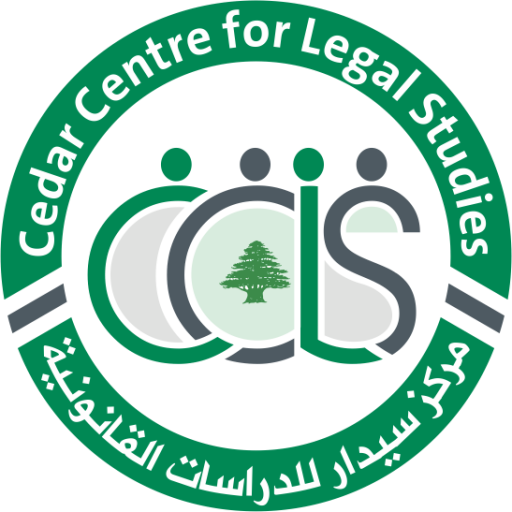
Cedar Center for Legal Studies
About us:
Cedar Centre for Legal Studies is a civil, non-profit company, established in Lebanon in 2013 and registered with No. 609. It is an independent, non-sectarian center and is not affiliated with any political parties. It is concerned with spreading the culture of democracy, human rights, and the rule of law.
Vision:
Lebanon is a country that respects the rights of its citizens and residents through democracy, social justice, human rights and the rule of law.
Conducting studies and legal research on topics related to human rights, especially the situation of prisons and detention places and enforced disappearance, in Lebanon and their compatibility with the Lebanese laws and international conventions and determine which laws/articles to be amended in the light of international treaties.
Mission:
At Cedar Centre for Legal Studies, our mission is to serve as a beacon of legal enlightenment and advocacy. Committed to the pursuit of justice, we aim to elevate the understanding and application of legal principles, with a focus on fostering a society where the rule of law is not just an abstract concept but a lived reality.
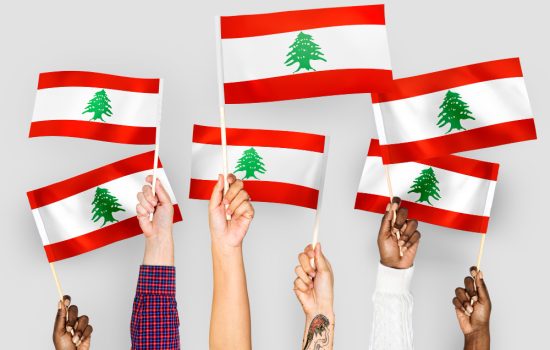
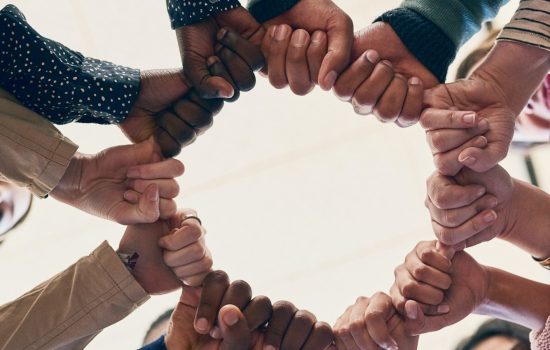
Board Members:
At the helm of the Cedar Centre for Legal Studies stands a dedicated and accomplished board of individuals, each bringing a wealth of expertise and a shared commitment to advancing legal studies for societal betterment. Our board members are not just leaders; they are passionate advocates, seasoned professionals, and visionaries, united by a common purpose – to elevate the discourse on legal matters and empower communities through knowledge.
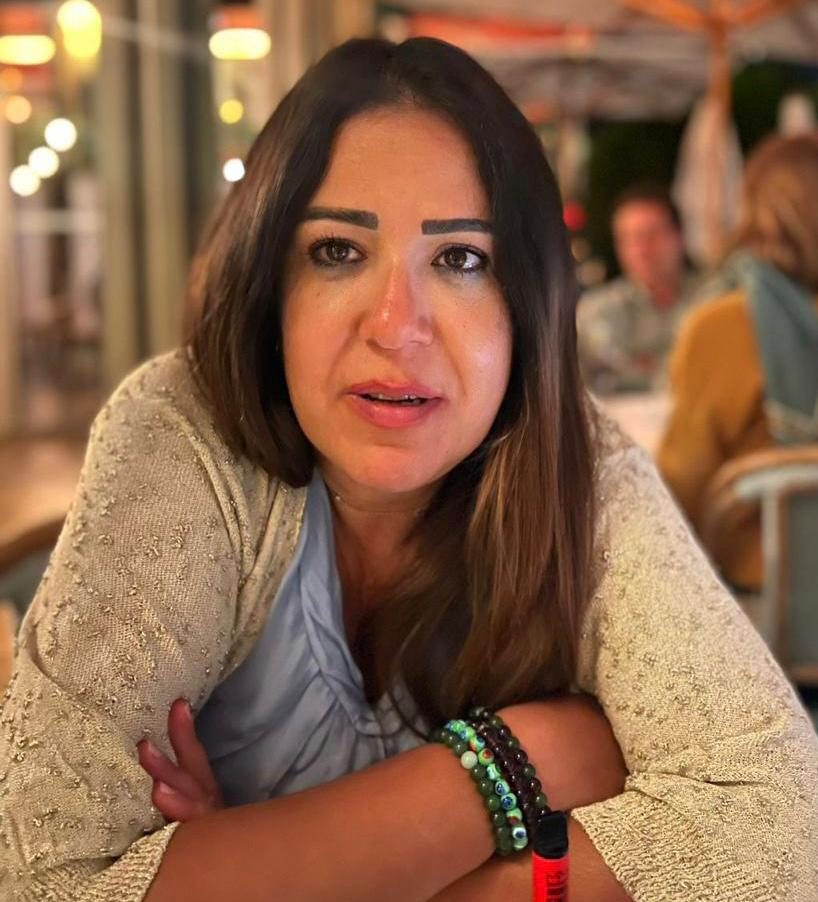
Dr. Marie Kortam
A human rights and security Research Policy Advisor at the Lebanese Palestinian Dialogue Committee. She is a research fellow at Fondation Maison des Sciences de l’Homme- Paris and the French Institute of the Near-East (IFPO). She has taught at different universities in France and Lebanon. Kortam served as Special Advisor for Lebanon at the Center for Humanitarian Dialogue-Geneva. She has occupied different visiting fellows’ position in different European countries, such as Christian Michelsen Institute in Bergen and the Hertie School of Governance in Berlin.
Since 2007, she has participated or managed multiple transdisciplinary and collaborative projects and intervention on prevention of violent extremism, mediation, shaping rebels and violent behaviour, inclusive political and security process. She conducts regular policy advice, peer exchange and comparative learning for political and social stakeholders in conflict zones.
Kortam holds a PhD in Sociology and an MA in clinical sociology from Paris University, as well as a Master in Social Work and communication from Saint-Joseph-Beirut. She has (co-) authored numerous publications in the field of refugees and migration studies, security studies, violent extremism and human rights.
Since December 2023, Dr Marie is heading the policy study and research program.
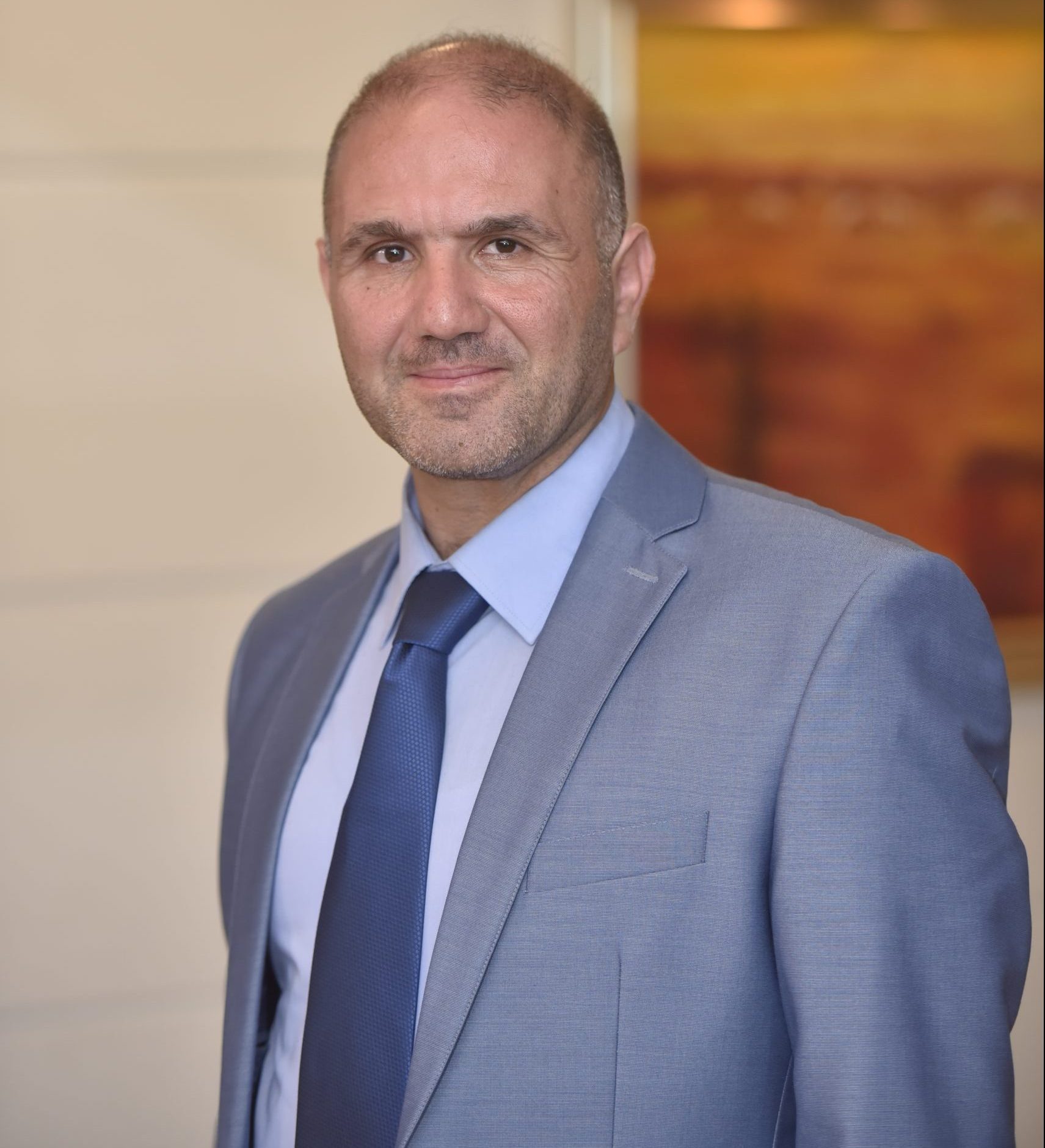
Mr. Mohamed Sablouh
A lawyer, previous rapporteur of the prisons committee at the Tripoli Bar Association in Lebanon. A human rights activist, he submitted many complaints to the United Nations special rapporteurs, and participated in the Universal Periodic Review of Lebanon, which was held in Geneva in 2015.
Mr Sablouh had contributed to the development and implementation of plans to address prison problems in Lebanon and reduce overcrowding, especially during the Covid-19 epidemic crisis, and participated in many conferences and workshops to discuss the implementation of the Convention against Torture in Lebanon. He represented the Tripoli Bar Association in the sessions of the parliamentary human rights committees. At the beginning of 2021, he was appointed a director of the Prisoner’s Rights Center – which was established in the same year – at the Tripoli Bar Association. Mohamed joined the board of directors of Cedar Center at the end of 2020.
Since December 2023, Mr Sablouh is heading the legal support program in the Centre.
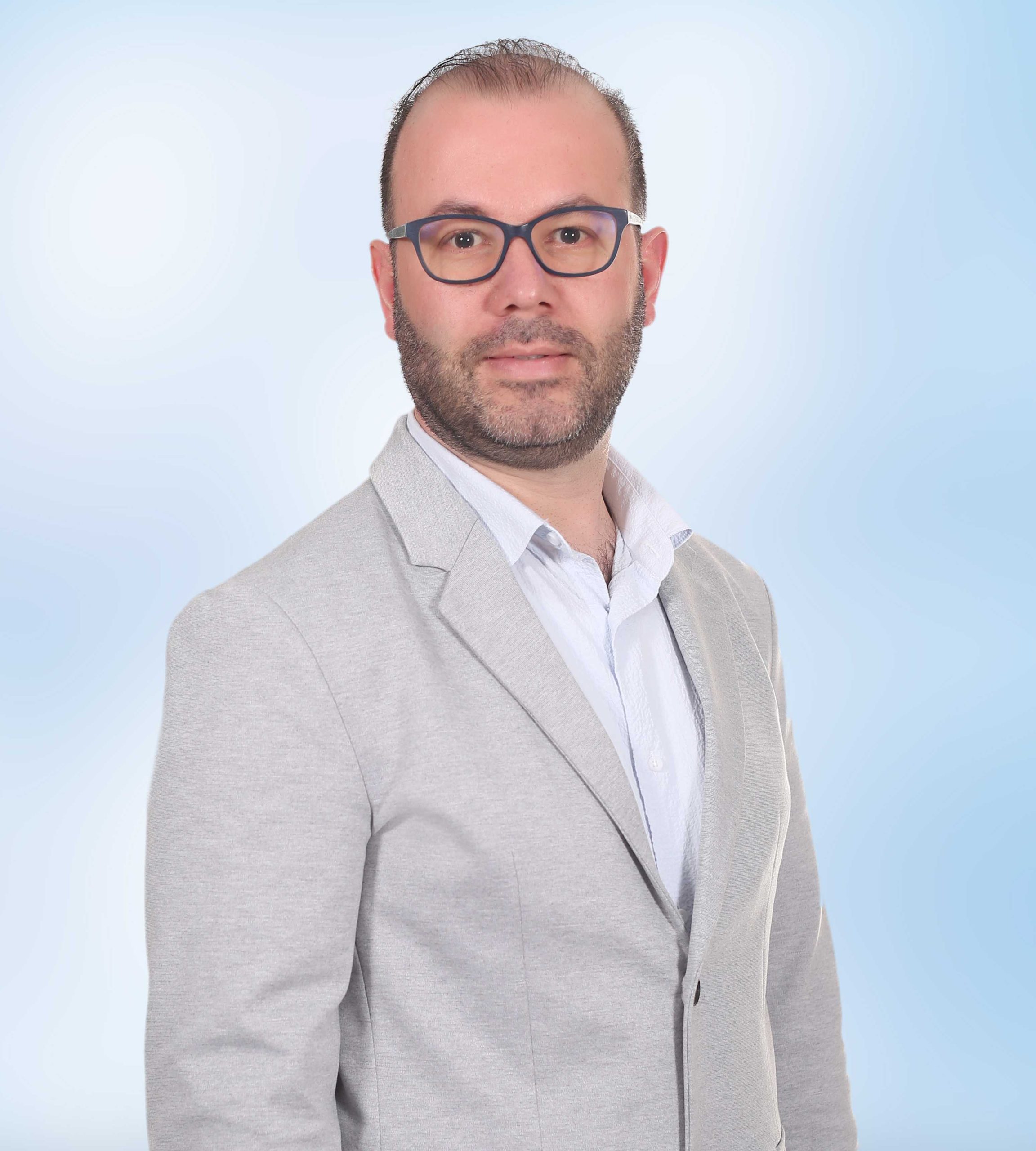
Mr. Saadeddine Shatila
A human rights defender, one of the founders of Cedar Center in 2013. He graduated from the Lebanese University – Faculty of Law in the first branch in 2003 and obtained a master’s degree in Capacity Building Program for NGOs from the Lebanese American University in 2015.
Mr Shatila has a good experience In communicating with the families of the victims and documenting local and regional cases, especially in cases related to arbitrary arrest, torture and enforced disappearance. Since 2007, he had worked for international organizations in Geneva concerned with documenting cases and sending them to the United Nations Special Procedures. Participated in a number of sessions concerned with documenting human rights violations, especially torture. In 2014, he participated in a training course in Beirut and The Hague on monitoring international criminal proceedings organized by the Special Tribunal for Lebanon. In various courses, he trained a number of Lebanese and Arab human rights activists on the use of the special mechanisms for human rights at the United Nations.
Since December 2023, Mr Shatila is heading the advocacy program in the centre and he is the executive director.